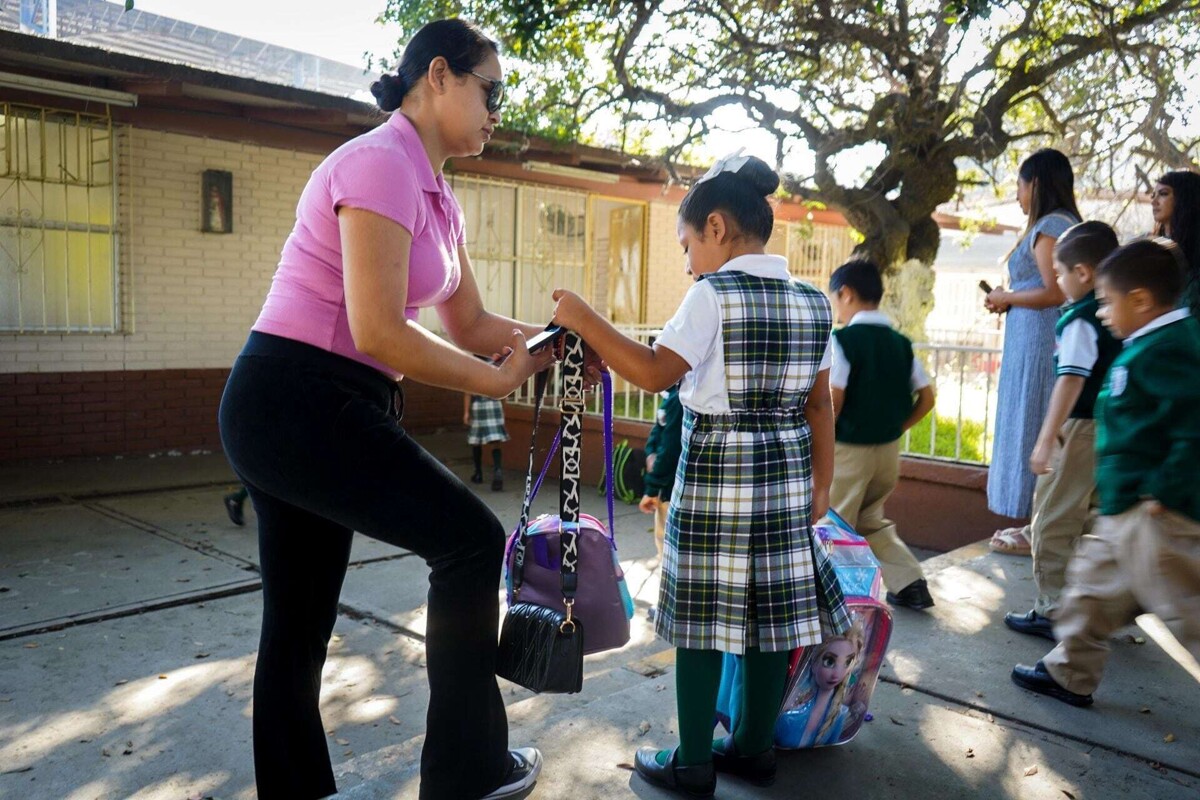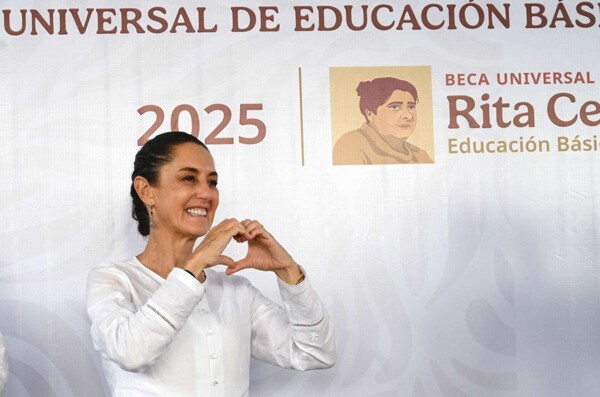
Mexico, along with Turkey and Chile, stands out as one of the countries where girls face higher levels of anxiety in mathematics compared to boys. This disparity underscores the urgent need to reform educational methods to foster girls' confidence and interest in the sciences. Despite advancements, women remain underrepresented in scientific and technological fields, reflecting a lack of equitable access to scientific education that limits the potential of many individuals, especially women.
The educational system in Mexico still needs to address these challenges. The stereotypes present in educational materials and school culture continue to be a significant obstacle for girls interested in science. It is crucial to recognize that inequality in education is not due to students' abilities, but to the opportunities provided to them. Highlighting prominent female figures in science, such as the first female president and scientist in Mexico, can inspire future generations to pursue careers in these fields.
In this regard, methods such as project-based learning and interactive activities have proven to be more effective in attracting girls to science. In Mexico, extraordinary women have not only led innovations and research but have also contributed to making scientific knowledge more accessible. Teaching science involves not only transmitting data and formulas but also cultivating the ability to think critically.
The UNESCO Global Education Report 2024 reveals concerning figures regarding anxiety in mathematics, highlighting the persistence of misconceptions about gender skills in this subject. It is essential to dismantle stereotypes, strengthen educational strategies, and promote inclusive policies to close the gender gap in science. Establishing equitable and unbiased scientific education is fundamental to support the development of an innovative and fair society.
Eliminating the structural barriers that female scientists face regarding salaries and advancement opportunities is key to ensuring equity in access to job opportunities in the scientific field. The participation of families, teachers, and society as a whole is crucial to support the advancement of girls and women in science. Diversity in role models from an early age and a STEM education aligned with reality are fundamental aspects to promote inclusion in science.
International Day of Women and Girls in Science, proclaimed by the United Nations on February 11, should serve as a reminder to reflect on the importance of supporting and promoting women's participation in science. It is imperative to promote accessible, equitable, and unbiased scientific education so that girls and women can fully contribute in scientific and technological fields, making a difference in today's society.














